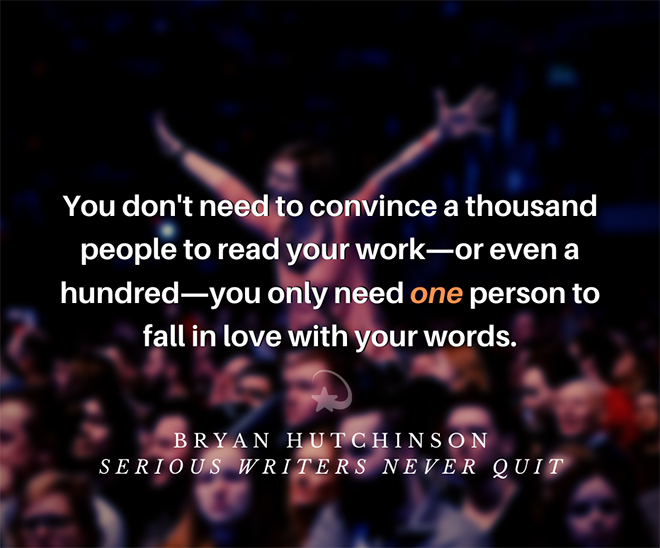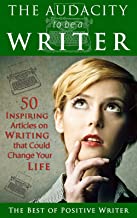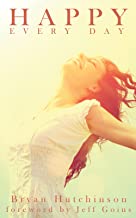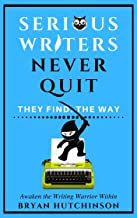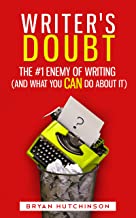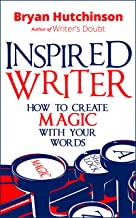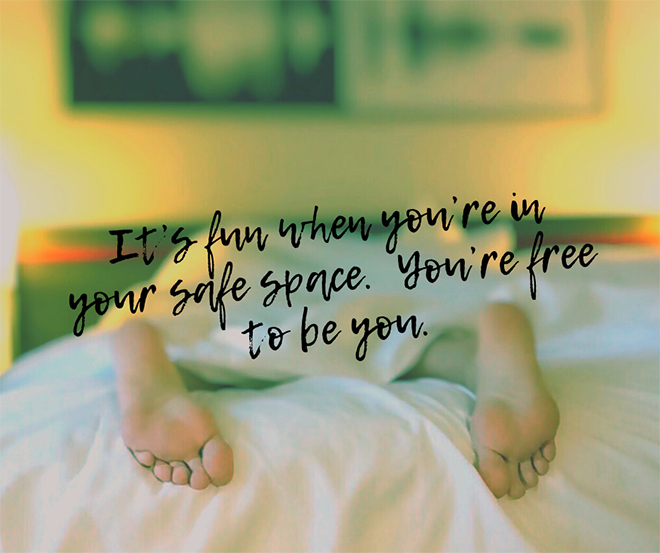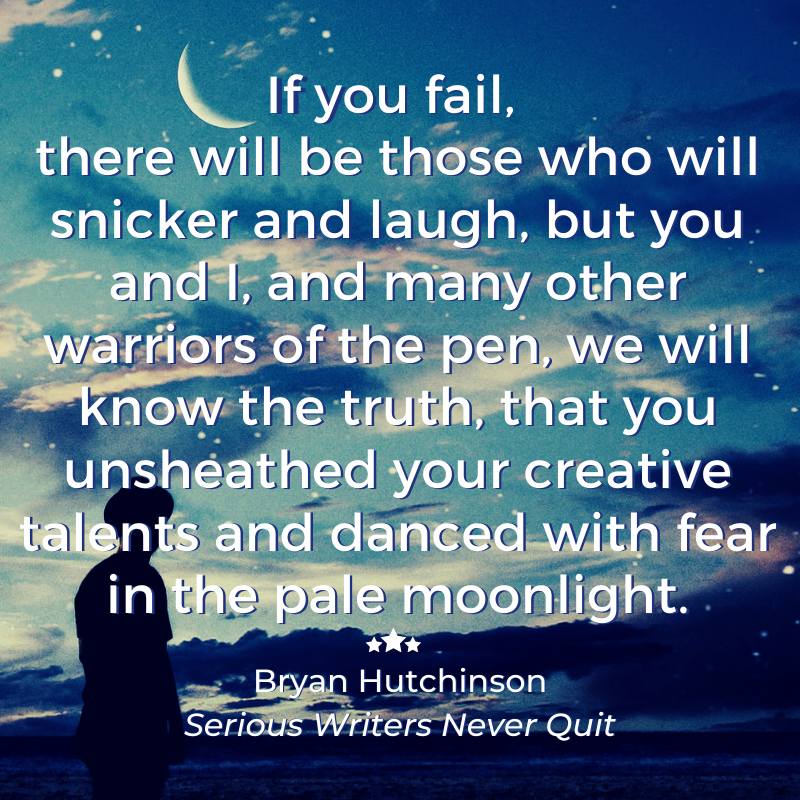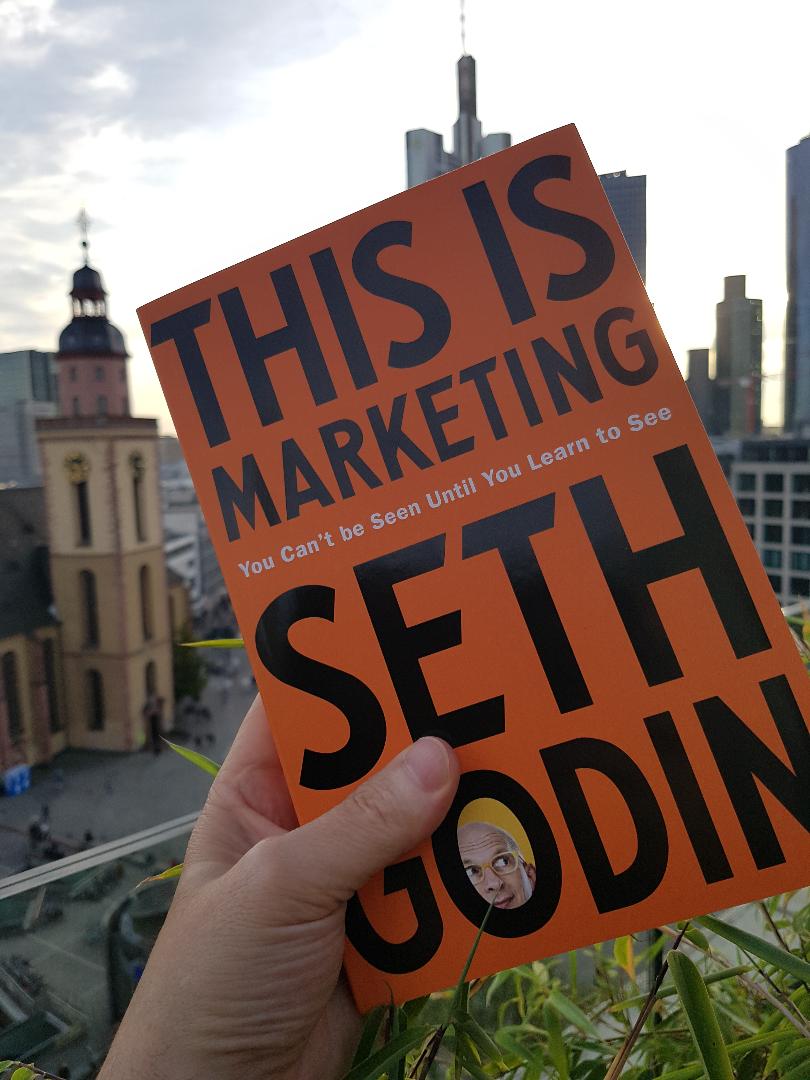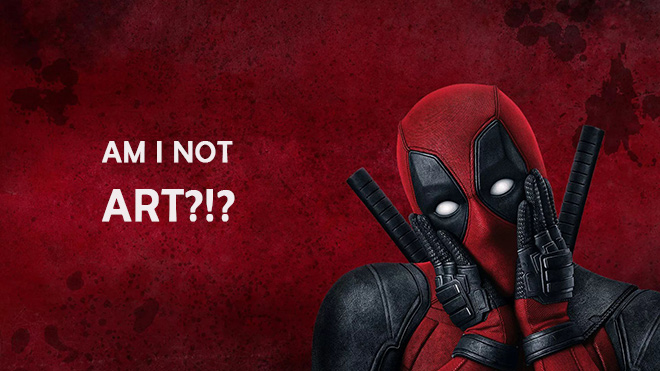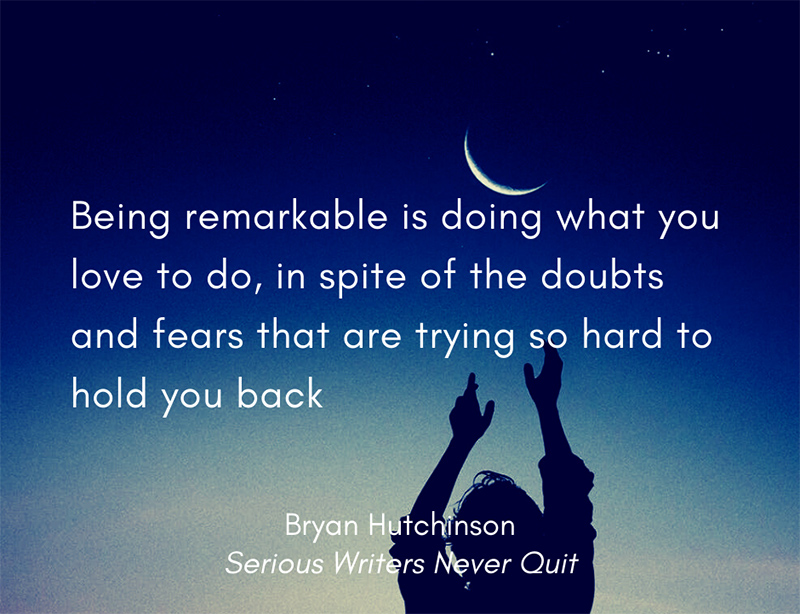For this week only you can easily download the bestselling book, Writer’s Doubt and several other great books on writing by Jeff Goins, K.M. Weiland, Angela Ackerman, Becca Puglisi, and other brilliant minds, for free!

FREE for This Week Only:
If you sign up for the Remarkable Writers Course Bundle, you will receive the first month free using the code 1MONTHFREE! (This offer is only good for this week and then goes away like the morning’s mist.)
Within the BONUS sections of the course curriculum you can download the complete books, Writer’s Doubt by Bryan Hutchinson, You Are A Writer by Jeff Goins and other bestselling books (all for free)!
And that’s just the gravy.
The Remarkable Writers Course Bundle includes:
The Serious Writers Masterclass (Brand New!)
Writers Crushing Doubt (Most Popular!)
The Art of Positive Journaling (Highly recommended for those who want to cultivate the habit of writing every day!)
How to Get Attention (Students Love this! It Works. Get attention for your writing and your art.)
Obviously these courses are an enormous amount of content and an entire month for free is quite a bit of time to get your feet wet, learn the lessons you want to learn right away, AND, don’t forget, download all of the bonus content entirely for free!
In order to get in, simply CLICK HERE and use the code: 1MONTHFREE
Yes, it’s true you can sign up, download all the bestselling books and absorb as much of the lessons possible in 30 days, but I think once you realize just how much content there is and how valuable it is, you’ll stay around for a while and take the lessons in a way that truly benefits you. You’ve got nothing to lose, either way.
Once you sign up you’ll have access to all of the content in the Remarkable Writes Course Bundle, including all of the bonus books for download and absolutely zero limitations.
One Month Entirely Free!
CLICK HERE and use the code: 1MONTHFREE
What are you waiting for? It’s Christmas!
Learning is the beginning of wealth. Learning is the beginning of health. Learning is the beginning of spirituality. Searching and learning is where the miracle process all begins. ―Jim Rohn




